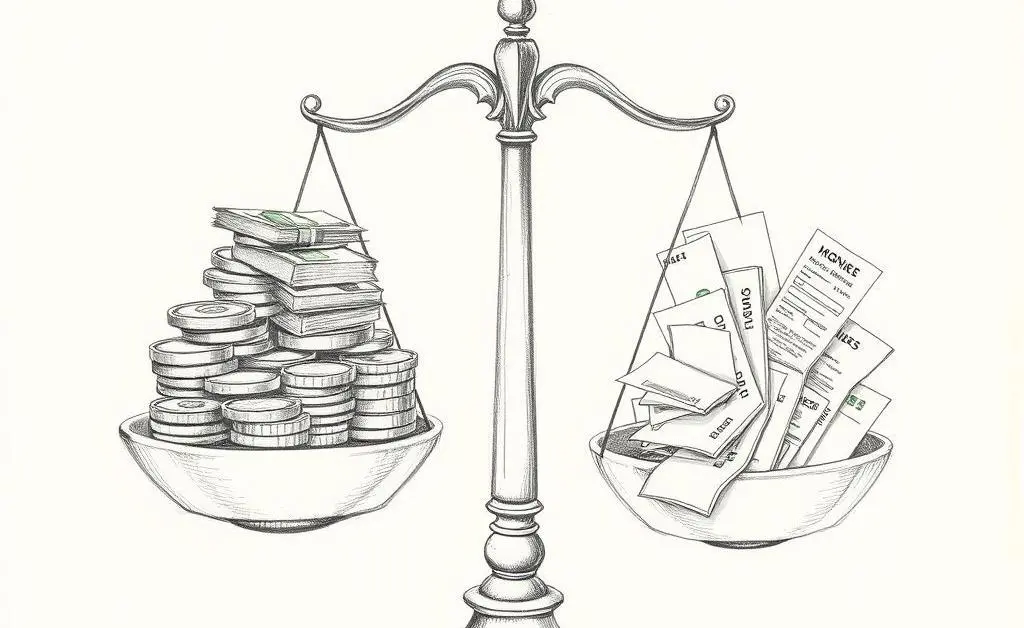Will I Break Even When I Sell? Unraveling the Mysteries of Financial Break-Even Points
Discover what it means to break even when selling an investment, and how to know if you're on track.

So, you're thinking about selling an investment and can't help but wonder, 'Will I break even?' You're not alone—many folks are curious about this financial milestone. Let's dive into what it means to break even when selling an asset, and how you can make sure you're on the right track.
What Does Breaking Even Mean?
Breaking even refers to the point where the revenue from selling an asset equals the costs associated with acquiring and maintaining it. Imagine it like this: you bought a mango tree sapling, watered it, and took care of it. The break-even point is when the tree produces enough mangoes to cover all the costs you've incurred so far.

Why Understanding Break-Even Points is Crucial
Knowing when you'll break even helps you make informed decisions, whether you're handling investments or running a small business. It gives a clear picture of financial health and aids in strategic planning.
- Investment decisions: Assess if holding or selling will yield profits or losses.
- Risk management: Understand how changes in market conditions impact your financial standing.

How to Calculate Your Break-Even Point
The break-even calculation involves quite straightforward math:
Break-Even Point (in units) = Fixed Costs / (Price per Unit - Variable Cost per Unit)
For investments, consider all expenses—purchase price, maintenance costs, and associated fees. Don't worry if this looks intimidating, there are many excellent guides to help you understand the nitty-gritty of these calculations.
Factors Affecting Your Break-Even Point
Your break-even point can shift based on several factors:
- Market fluctuations: Economic conditions can affect prices, impacting your calculations.
- Operational costs: Increasing costs without corresponding price hikes can delay break-even.
- Time horizon: The longer you hold an asset, the more maintenance costs you incur.

Tips for Staying on Top of Your Break-Even Strategy
Keep these practical tips in mind to effectively strategize your break-even analysis:
- Regular reviews: Monthly check-ins on your financial goals can prevent surprises.
- Consult experts: If in doubt, a financial advisor can provide tailored insights.
- Adjust plans: Be flexible to update your strategy as circumstances change.
Financial planning and break-even analysis might seem daunting, but with a bit of curiosity and the right tools, you'll be equipped to make savvy decisions. So, what's your next financial move? Feel free to share in the comments below!




